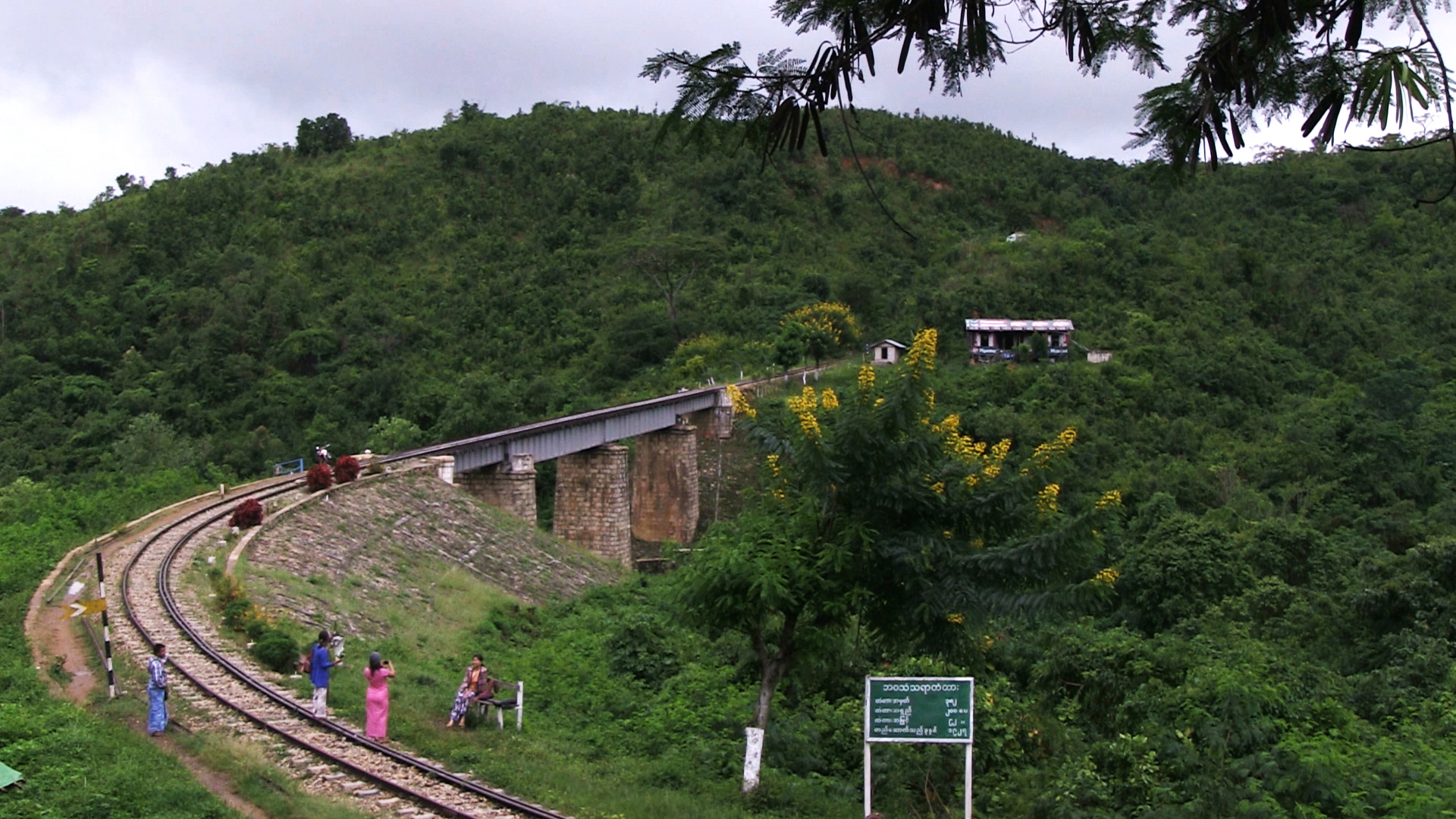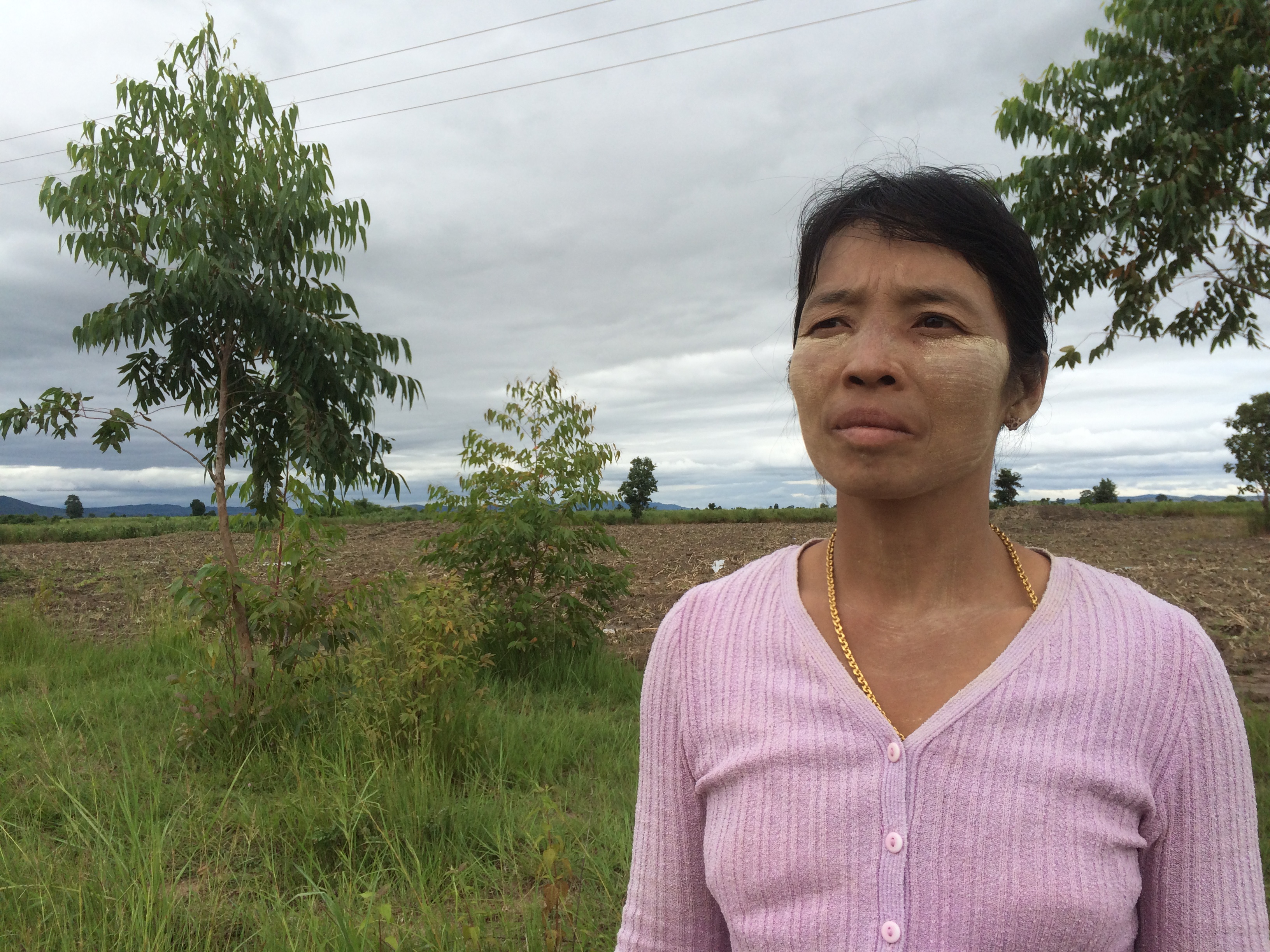
As an orchestra of mosquitoes and crickets greeted the dusk, Bedlu Abera looked out over fields of rice stretching across the Ethiopian lowlands towards the horizon. A flicker of contentment crossed his face. "It's satisfying," he said. "We are making progress."
Mr Bedlu was overseeing Saudi Star Agricultural Development's first substantial harvest. Every few minutes he answered a crackling query on his walkie-talkie. There was urgency to his farmhands' work. The land here is almost too fertile. It must be cleared and planted again swiftly, before the rains return.
The deepening darkness formed a canvas for an orange flame in the distance, beyond the perimeter of the farm. A hunter had set a fire to send prey scurrying from the undergrowth into his snares. Closer at hand, parked beside an irrigation canal, stood a combine harvester, at rest after a day in the rice fields.
This remote spot is a frontier in a contest for land that stretches from Myanmar to Saskatchewan. Investors are betting billions on an asset that is both more abundant and more fiercely contested than any other. The struggle playing out in the Ethiopian lowlands is a glimpse of others to come in a crowded, warming world.
To read the full story in Financial Times click here.

Education Resource
Meet the Journalist: Michael Peel
Journalist Michael Peel talks about his experience reporting on land rights in Myanmar, part of the...





